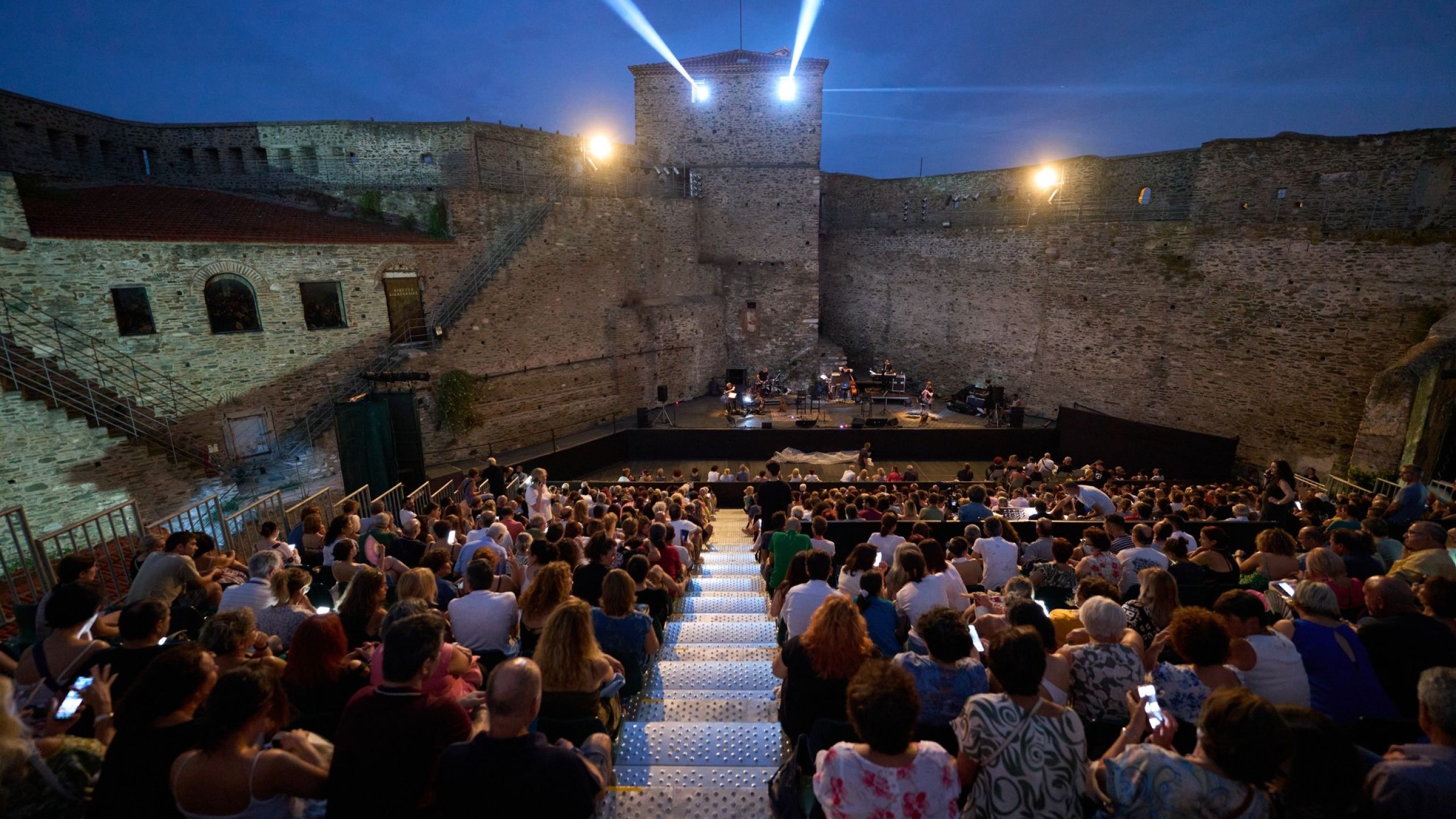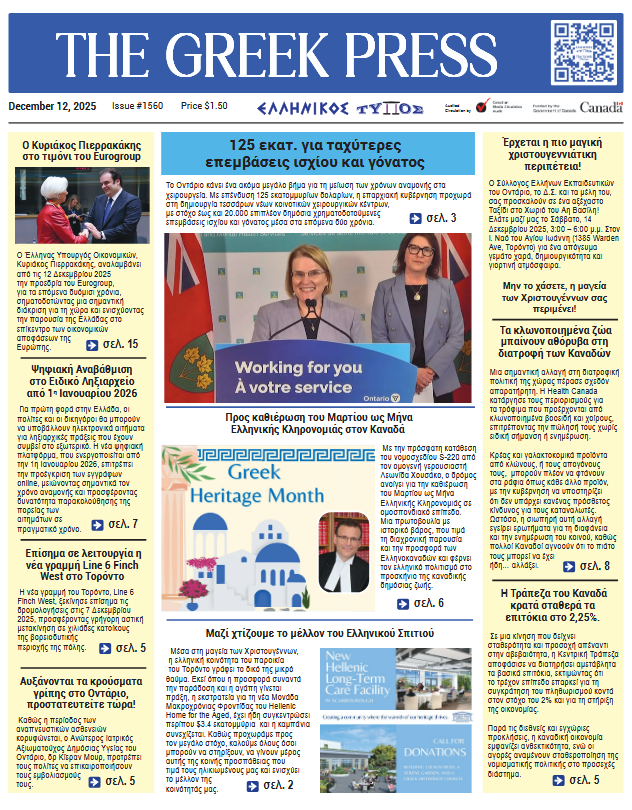 CLICK TO VIEW THE WHOLE PUBLICATION ONLINE
CLICK TO VIEW THE WHOLE PUBLICATION ONLINETHESMOFORIAZUSES- try pronouncing the word or remembering it. It is the title of a raunchy comedy by Aristophanes that was first seen in Ancient Athens in 411 BCE. Most of his 11 surviving comedies have one-word titles (Birds, Frogs, Clouds, Knights, Peace) but for this one he chose a word that would have been familiar at the time but is a forgettable tongue twister for us. It refers to women who observed the Festiva of Thesmoforia, an annual fertility celebration dedicated to the goddess Demeter, an event for women only.
The women have decided to take action against Euripides, the tragedian, who presents a very negative view of women. He has Medea who kills her children, Phaedra who falsely accuses her stepson Hippolytus of rape and other baddy women. The decision of the women is to kill him.
Euripides (who was very much alive in 411 BCE) gets wind of what the women are up to and decides to take some action. He asks the effeminate tragedian Agathon to dress like a woman, sneak into the Thesmoforia and defend him. Agathon refuses and Euripides is forced to send his elderly relative Mnesilochus to do that.
Mnesilochus is dressed, shaved all over and he joins the women surreptitiously. After some parodies of Euripides by the women, Mnesilochus is caught out and imprisoned by the women.
Aristophanes was fearlessly gross and the bane of translators who had to keep him clean for school children. The last time I saw the play in Argos it came replete with simulated anal sex, jokes about it, three-foot penises, and bawdy language that would make a sailor blush, to resurrect an old aphorism. To give a small example, at the beginning of the play Euripides asks Mnesilochus if he knows Agathon. He says he has never seen him. Euripides replies that he must have effed him. (Sorry for the elision). Some translators write “you made love to him” which is nonsensical and a long way from what the author wrote.
This production shied away from penises and bawdy language, but it succeeded in being a rousing, energetic and funny take on the play. It used modern dress, sort of, and its language was current Greek as were its references. In a faithful translation you will get references to a named well-known informer, a woman who relived men of their hormonal pressure or a society companion, and numerous informative footnotes that would kill the play.
In this production the jokes are contemporary, there is use of current slang that I did not understand completely, and the production became Aristophanic without being completely faithful to him.
The play was performed in a courtyard of an old Ottoman fortress (The Fortress of Seven Towers) that became a prison that lasted as such until 1989. It was part of the 2025 Eptapyrgio Festival which started 2019.
I have some problems with the programme. It credits quite rightly Evi Sarmi and Eleftheria Tetoula, the directors who do a marvelous job with the vigorous pace and attempt at non-stop performance. A bit of variation in pace may have helped but that may be just nitpicking. There was musical accompaniment throughout with a band on stage. They played some modern songs and if I may complain, they are a bit too loud, and we did not need to have almost every word by the actors accompanied by background music.
A view of the theatre but not the production under review.






























